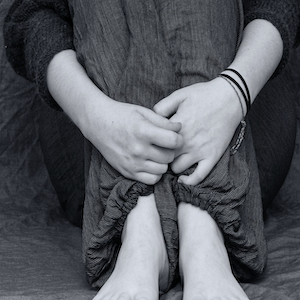Defense mechanisms are associated with mental health symptoms across six countries

All claims expressed in this article are solely those of the authors and do not necessarily represent those of their affiliated organizations, or those of the publisher, the editors and the reviewers. Any product that may be evaluated in this article or claim that may be made by its manufacturer is not guaranteed or endorsed by the publisher.
Accepted: 15 November 2023
Authors
Defense mechanisms are adaptative processes that are related to mental health and psychological functioning and may play an important role in adaptation to distress, as well as in mental health interventions. The present study aimed to compare the use of defense mechanisms and their relationship to mental health symptoms across six countries. In a large-scale descriptive study, we collected data from community- based individuals (N=19,860) in the United States, Australia, Canada, Germany, Italy, and the United Kingdom about the use of defense mechanisms and experienced mental health symptoms during the early phase of the pandemic. We found that the use of defense mechanism categories was similar across countries. Moreover, lower defensive functioning, specifically, neurotic and immature defenses were related to experiencing higher distress across countries, whereas mature defenses were generally inversely related to symptoms. Furthermore, these findings were relatively similar across the six countries. Cross-cultural research on defense mechanisms and mental health has important clinical implications. Our results are consistent with the goal of promoting more adaptive defensive functioning to increase psychological well-being and mitigate the detrimental impact of situational stress
How to Cite

This work is licensed under a Creative Commons Attribution-NonCommercial 4.0 International License.






